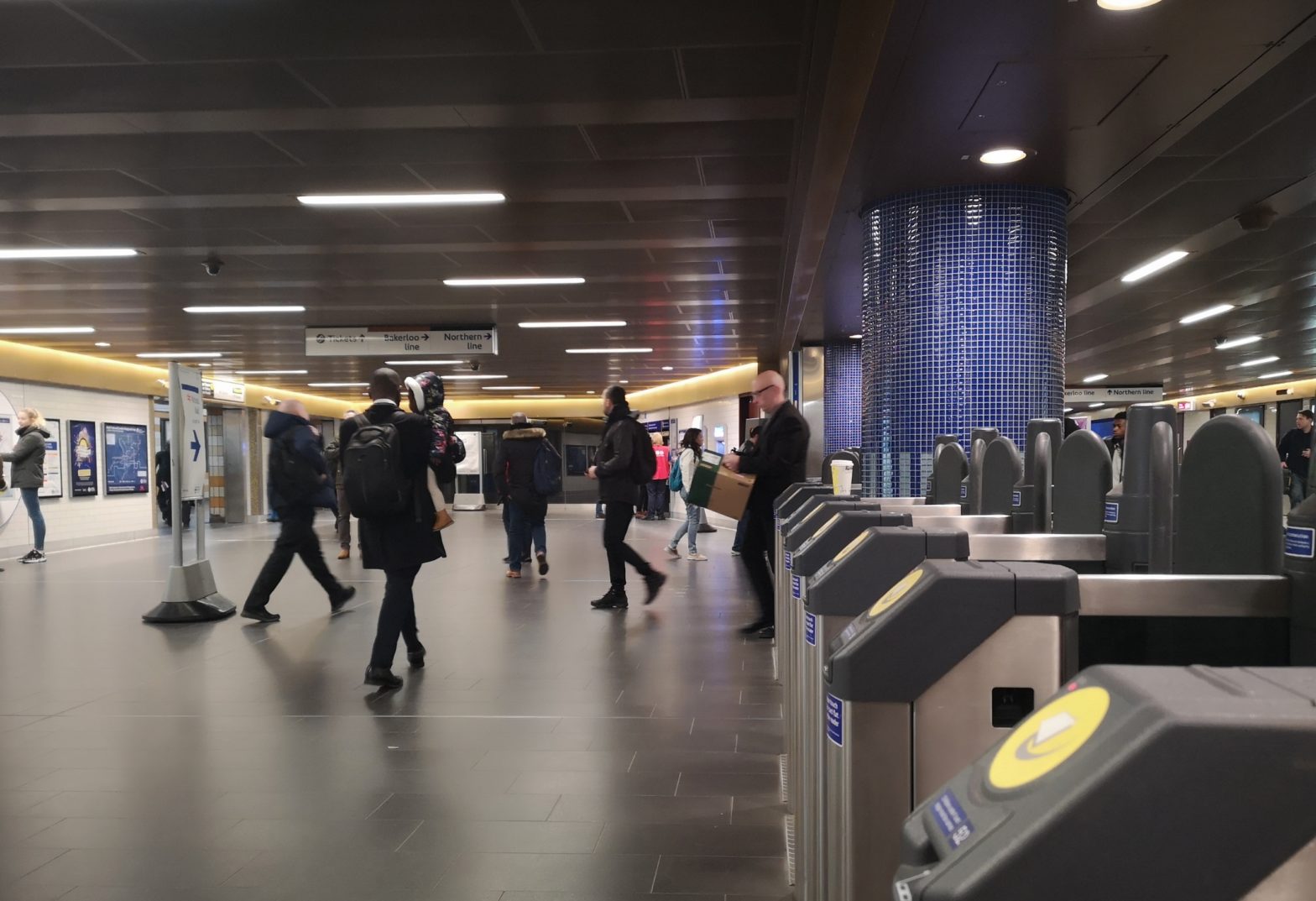
Cities need more support from the EU in light of the coronavirus
06 May 2020
by Christopher Carey
By Anna Lisa Boni, Secretary General, EUROCITIES
The Covid-19 pandemic has turned our lives upside down and disrupted our societies beyond precedent.
As the European Commission and member states are stepping up efforts to tackle the public health emergency, city governments are acting locally to protect people and businesses. And across Europe, our cities are collaborating to urgently learn from each other’s responses and deal with the crisis in the most effective way.
Cities like Nice and Nantes are ensuring that victims of domestic violence, especially women, have access to facilities such as post-trauma support, a special telephone hotline and emergency accommodation.
In Poznan and Ljubljana, citizens are stepping up to volunteer their services through extra childcare, helping the elderly, and delivering food to people’s homes. And Budapest and Madrid have adapted their public transport services, with a focus on social distancing, hygiene and the safety of workers.
As the mayor of Stockholm, who is also EUROCITIES president, recently said to me: “Now that national borders are being closed around our continent, it is all the more important that mayors and city administrations are able to exchange experiences with each other.”
Cities are showing solidarity, which is exactly what this situation needs, but that should also extend to solidarity in the EU and strong collaboration between all levels of government.
Local realities
In the past few weeks, local governments all over the EU have acted swiftly to respond to rising challenges related to protecting the most vulnerable people in our society, namely our elderly and people with pre-existing conditions.
We also have to work, often in conjunction with national levels, to protect our small and medium enterprises. Vienna, Tallinn and Sofia are among many cities that have taken fast measures, from waiving contractual sanctions and guaranteeing loans to stumping up cash.
Our cultural institutions have taken a huge hit – many are adapting fast to change their business models, with museums and libraries running enhanced digital services. In Dusseldorf, a municipal museum is even offering poetry readings over the phone.
And, as the closest level of government to people, city administrations also have a particular responsibility to communicate clearly–including with people that do not speak the major languages of our territories–such as the citizens’ guide compiled by Nuremberg.
Essential services related to food, all kinds of support, and waste collection must also be kept running.
Clearly the short-term impacts have been hard felt, and cities have done what they can to respond as effectively as possible, but we are concerned also for the longer-term knock-on effects of the pandemic and the Europe-wide lockdown in our regions and cities.
What cities need
Already cities are reporting on the violent shock to labour markets and sharp increases in unemployment locally. Health and social services are oftentimes stretched beyond limits, compromising the ability to maintain vital city services for vulnerable groups.
This is why city governments urgently need new means to weather the current crisis and a clear view on how to sustainably rebuild our communities over the longer term.
We would welcome an increased health policy and crisis coordination at EU level to ensure fully joined up action and effective responses in emergencies.
To fully support businesses and vulnerable people, we need to be able to use existing EU funds, like the Solidarity Fund, more flexibly and more directly – as well as additional resources that have recently been made available, such as the Corona Response Investment Initiative.
Continuously reducing European fiscal policy barriers, beyond the immediate suspension of the stability and growth pact, would also help to facilitate cities’ long-term investments.
In addition, the EU could directly support cities by suspending mortgage payments on European Investment Bank loans for 2020.
The path to recovery
Working with cities should be an integral component of the EU’s recovery plan, because the impacts of this pandemic are mainly showing locally, in urban areas, where the biggest part of the population lives. Bigger efforts should therefore go into making cities resilient against future risks like this one, while fully assessing the impact of the crisis at local level.
To overcome this crisis we will need a more social Europe, but this requires more resources for housing, the homeless, and those with limited mobility, for example.
And Europe’s big transitions – both green and digital – must ensure fairness for all.
We’re all in this together – so isn’t it time we started acting that way?
EUROCITIES is the political platform for major European cities. We network the local governments of over 140 of Europe’s largest cities and more than 40 partner cities that between them govern some 130 million citizens across 39 countries. www.eurocities.eu








